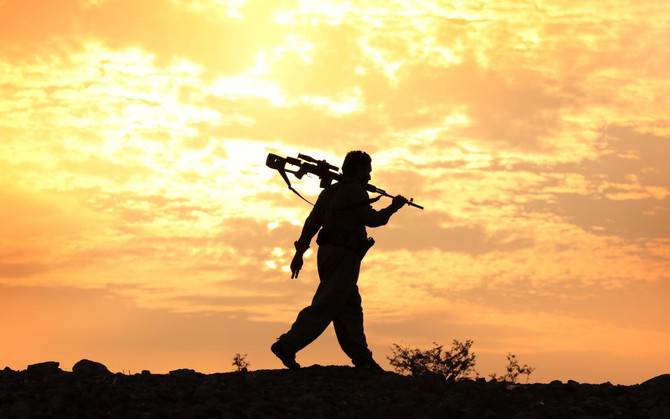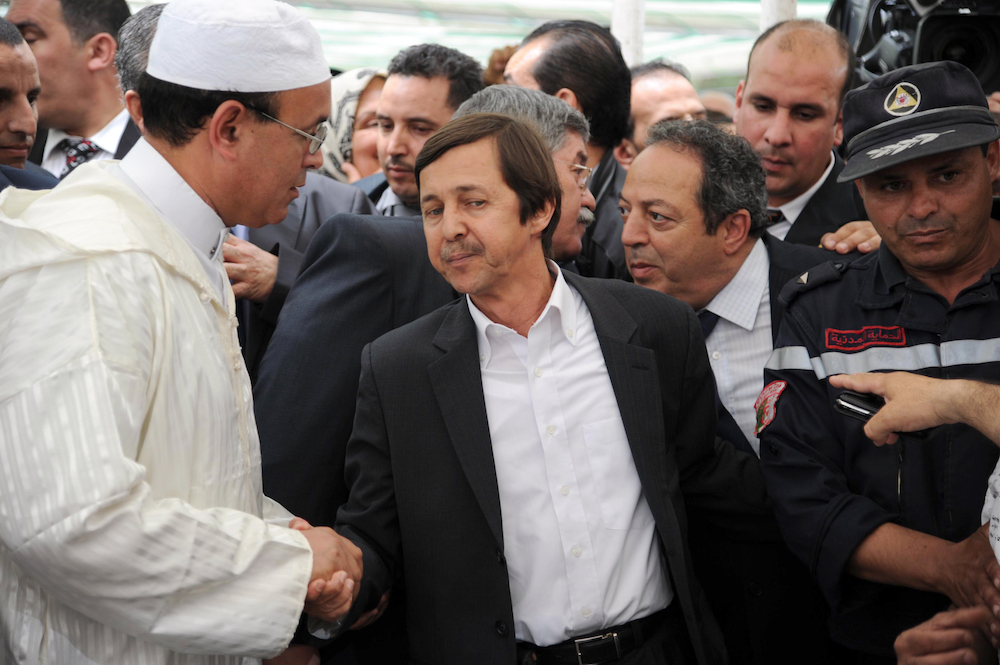Jordanian mayor apologizes for helping Israeli tourists
A Jordanian mayor apologized on Saturday for his interaction with a group of Israeli tourists, after his hospitality toward them triggered a protest, angry meetings, a social media backlash and a resignation.
Ibrahim Karim Karaki, who is mayor of Karak, organized a day-long tour for the visitors during the Jewish Passover holiday.
He was seen on Israeli media helping them to cross a valley that is closed to tourists. He also fed the group, which included children, and presented them with plaques of appreciation from the city.
His attentiveness angered Karak residents, who viewed it as an act of normalization.
 Karaki’s apology video, which was posted on the city council’s Facebook page, followed social media attacks, the resignation of a council member, angry town hall meetings at the headquarters of professional unions, and a protest after Friday prayers.
Karaki’s apology video, which was posted on the city council’s Facebook page, followed social media attacks, the resignation of a council member, angry town hall meetings at the headquarters of professional unions, and a protest after Friday prayers.
The mayor can be seen in the apology video denouncing Israeli occupation, calling for the liberation of all of Palestine “from the sea to the river” and a rejection of normalization in all its forms.
The video is also full of praise for Jordan, including strong support for King Abdullah and the Hashemite custodianship of Jerusalem. It was filmed in front of a model of Al-Aqsa mosque.
Dr. Khaled Baqaen, the council member who resigned in protest at Karaki’s actions, said the apology was not enough and that he would not change his mind. He even called for the mayor to be pushed out.
“The tourists were on a mistaken path,” he told Arab News. “Fine, have the proper authorities help them and send them back. Why give them the public plaque to honor what they did? Those who elected him should remove him.
The plaques cost money. How did he decide on giving the plaques to the Israelis? What are the criteria that were considered before agreeing to order and give the plaques using city money? I did what I believe is correct. I took my position after the Zionist media celebrated the event. I will not withdraw my resignation even if the people of Karak accepted his apology, which they have.”
The resignation and protests may have prompted the mayor to rethink what he did, but the social media onslaught would have been a little harder to stomach for a mayor who courted the youth vote.
Zaid Nabulsi, a lawyer and social media commentator, said the mayor had crossed a line. “There is no problem in helping the tourists whatever their nationality was,” he told Arab News. “But the mayor went way beyond the humanitarian part and into the political sphere. Unilaterally presenting plaques in the name of the city of Karak to the tourists who had entered an area that they are not even supposed to have entered makes no sense. The mayor thinks he can whitewash what he did with a few words. People today are well aware of things and you can’t simply fool them with words that he most likely doesn’t even believe in.”
Arab News attempted to contact Karaki but he did not return the calls.
Karak is home to one of the region’s biggest Crusader castles. It is home to around 170,000 people.

Jordan condemns Israeli trespassing at Al-Aqsa MosqueIsrael farmers fear for future as Jordan claims back lands



